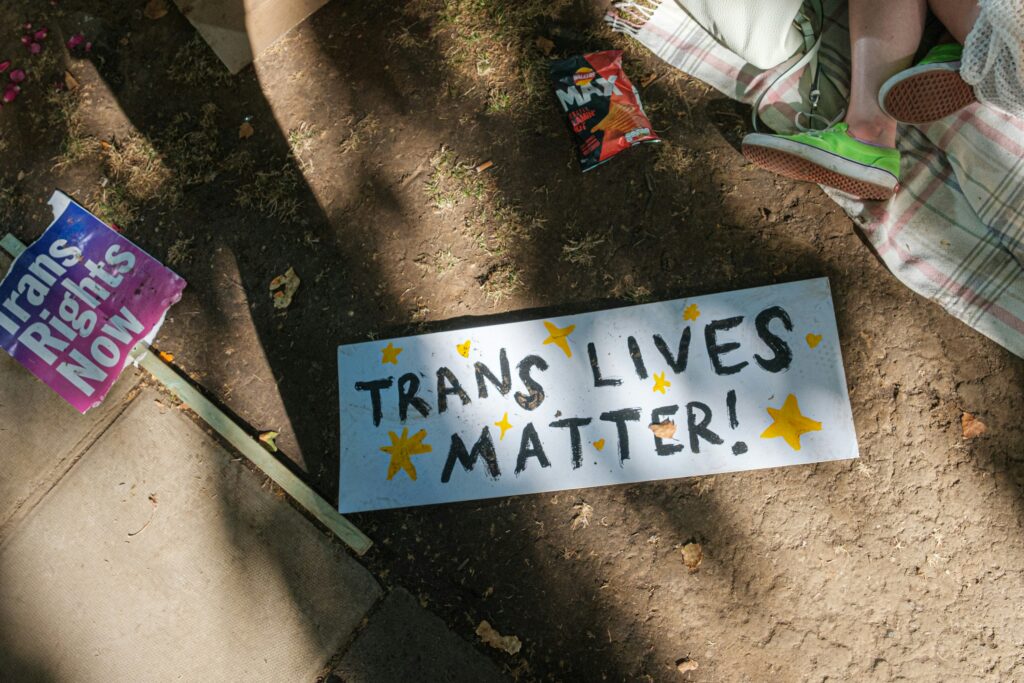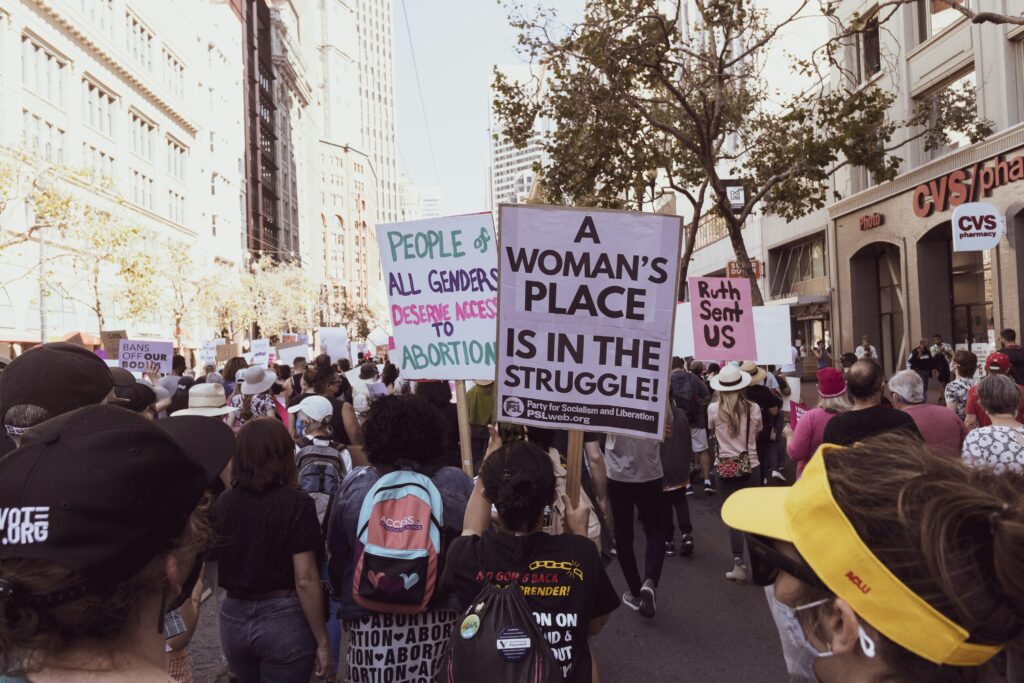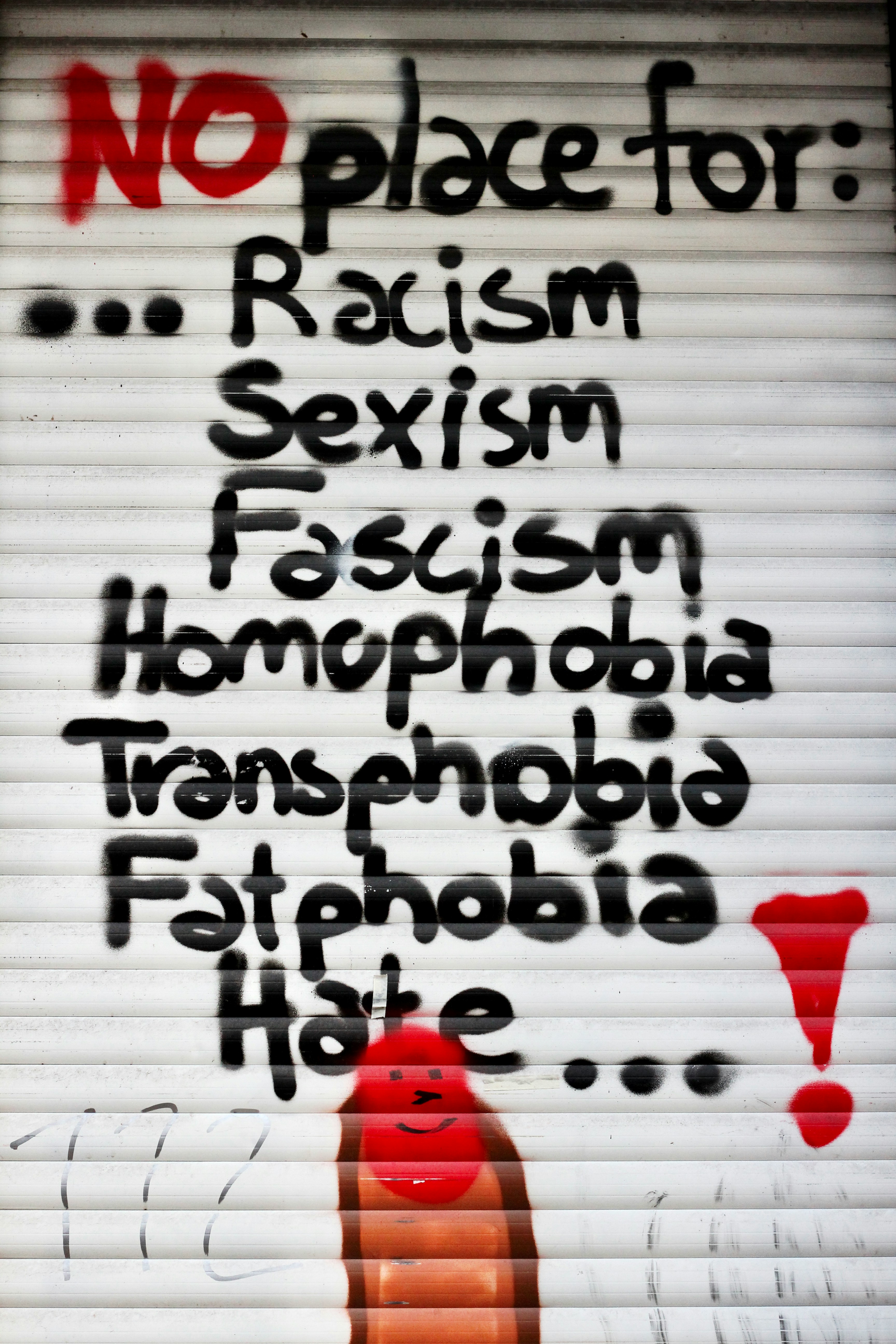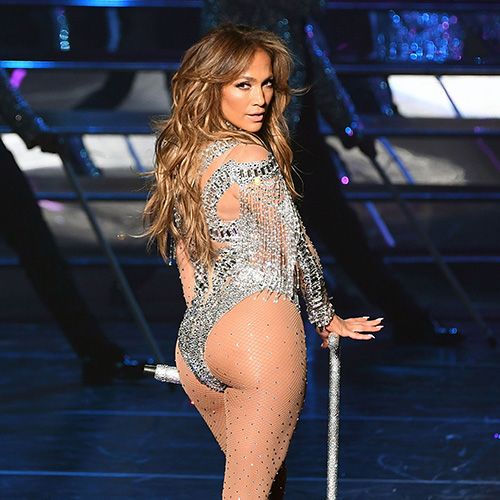Across the world, trans people face discrimination, abuse, and violence — now is the time to speak out for their rights. Trans rights are deeply connected to feminism, as both challenge oppression and fight for equality. Feminism that excludes trans people risks promoting exclusion instead of liberation — that’s why feminist voices must stand up for trans rights.
Written by Sabrina Galella
The first time I was described as a cisgender woman, I felt uncomfortable.
It triggered a defensive reaction in my gut, where I sensed something was being taken away from me. And it triggered a curious response in my brain – what was I afraid of?
I explored that question, forcing myself to investigate my unconscious biases and having deeply uncomfortable conversations between what I felt and what I thought.
I was afraid of making space. Afraid of diluting the conversation around women’s rights. Afraid of realising my role within that space, one that could easily move me from discriminated to enabler.
I was ashamed of that fear – how could I claim to be a feminist if I was policing who could be in and out of that community? And then I did the only thing one can do to have an informed opinion – read.
The fear dissipated and made room for solidarity, indignation and a more genuine meaning of what feminism ought to be, the pursuit of equality and justice for all genders, dismantling the power structures and cultural norms that perpetuate oppression.
However, when that fear remains unexplored, unanswered and unchallenged, it becomes the conduit to explain and exploit all crises and the world’s problems.
Forget about neoliberal policies that abuse people and deprive them of their basic needs, of the thousands of drowned migrants prevented from reaching safety in the name of racist and nationalist ideas, of women, queer people, and trans people being murdered at appalling rates around the world. No. Western powers have targeted gender as a cause of destruction that must be destroyed. And to combat that, we need to reclaim the feminist commitment to gender equality and gender freedom.

The Case for Trans Inclusion in Feminism
The arguments around “gender ideology” are made to exclude trans people from feminist movements, and they fail to recognise that feminists’ focus is not only on biology.
It was at the insistence of feminist campaigners that, in the 90’s, the concept of gender was first used at UN conferences concerning the rights of women. Indeed, feminism has always fought against biological determinism, the idea that gender roles are determined by one’s biological sex, and defied assumptions of what a woman is. As a movement, it refuses to answer that question on principle.
The perceived conflict between trans rights and women’s rights stems from the misconception, whether deliberate or not, of how sex, gender and sexuality work.
Patriarchal ideas blur the distinction between sex and gender and use gender as a tool to create and sustain inequality, through binary, rigid and repressive norms. Those established structures maintain and gain power when gender-based power imbalances are enforced, diminishing bodily autonomy for women and trans people. The social and political prioritisation of male over female and cisgender over trans, not biological sex per se, creates systemic inequality that celebrates male-associated characteristics while punishing everything else.
Patriarchal ideas blur the distinction between sex and gender and use gender as a tool to create and sustain inequality, through binary, rigid and repressive norms. Those established structures maintain and gain power when gender-based power imbalances are enforced, diminishing bodily autonomy for women and trans people.
It is in the context of a gender hierarchy that we are seeing the erosion of trans people’s rights globally.
Cracking down on “gender ideology” has emerged as one of U.S. President Donald Trump’s first-order priorities. Within hours of returning to power, he issued executive orders that dismantle vital protections for transgender people and deny the validity of gender identity itself. The order states that the US Government recognises only two sexes, male and female, that are fixed at birth, simply denying the existence of trans and intersex people as a group.
The order also vows to withhold federal funding from any programs that promote “gender ideology”. It’s ironic that the executive order is titled “Defending Women from Gender Ideology Extremism and Restoring Biological Truth to the Federal Government”. How can a government claim to defend women while actively opposing their reproductive freedom, their protections against rape and violence and workplace equity?
It can, if the goal has nothing to do with defending women, and everything to do with restoring traditional gender norms, hierarchies and the natural family.
A Global Pattern of State-sanctioned Transphobia
This dangerous trend is not only happening in the US. Campaigns against gender ideology have intensified in Europe and Latin America over the last decade, where far-right groups and religious movements have vocally opposed the liberalisation of women’s and LGBTQIA+ rights, arguing that it is an imposition of colonial thoughts that disrupt local values.
I have to give it to them, it takes guts to distort history and reality to such an extent, given that it was colonial and racist powers that forcibly imposed gender binary norms on black and brown people under the false claim of gender universality.
The same campaigns successfully advocate for removing references to gender, as well as critical race theory, in textbooks, while opposing sex education in schools because they are seen as forms of indoctrination.
In this context, critics of the 2016 Colombian Peace Accord claimed it imposed gender ideology by referencing “the LGBTI community” and its proposal for a gender commission in the final agreement. This opposition significantly contributed to Colombian voters’ ultimate rejection of the landmark peace deal.
Just last month, Colombia was shaken by the violent death of Sara Millerey González, a 32-year-old trans woman and activist. On April 4, she was reportedly raped, her arms and legs were broken, and her body was thrown into the La García stream, while witnesses recorded the scene. She died the following day.
And here in the UK, the Supreme Court has recently delivered a judgement in a case brought by a group of Scottish women against the Scottish government, ruling that the terms “woman” and “sex” under the Equality Act 2010 refer strictly to biological sex assigned at birth and biological woman. This expressly excludes trans people holding a Gender Recognition Certificate from being recognised as their legal sex under the Act and ignores trans women’s lived realities.
The consequences of this ruling are incredibly significant and carry a legitimising influence that transcends borders. It should make us question whether these institutions can still be considered neutral, and if their decisions can be separated from the concerted political effort to normalise the erosion of rights and the marginalisation of groups. This ruling establishes a legal precedent that invokes biology to limit women’s rights, affecting all women regardless of gender identity or expression, and it warrants state power to enforce these restrictions. Make no mistake – this is not a system that opposes gender, but one that has a precise gender order in mind that presumes to dictate women’s place in society.

It’s infuriating that the judgment was portrayed as a victory for feminism and women’s rights. I am a feminist, and I unequivocally oppose any attempts to exploit women’s rights as a means to harm trans people.
This slew of anti-trans legislation breaches trans people’s human rights on a daily basis – including the right to life, freedom of expression and freedom from discrimination. Bans and criminalisation of gender-affirming care are on the rise, and so are restrictions on name changes. Trans people already experience shocking rates of violence and discrimination, and those policies increase their vulnerability and put them at heightened risk.
The Trans Murder Monitoring reported 350 trans and gender diverse people murdered in 2023, even though the real number is likely much higher, as these are just reported cases. The data also continues to indicate worrying trends when it comes to the intersections of misogyny, racism, and xenophobia, as most victims were black and trans women of colour, and trans sex workers. I found it almost hard to believe that trans women in Latin and Central America face a life expectancy of just 35 years.
Violence against the trans community is so widespread that, since 1999, advocates have gathered to commemorate transgender victims of violence on November 20, the Transgender Day of Remembrance.
A story of two tales – gender and borders
As with all discriminated groups, the story of many trans people and LGBTQI+ is a story of migration as well – of perilous journeys made to seek sanctuary in places that seem to offer safety. And yet, it is estimated that only 37 countries grant asylum to people experiencing discrimination based on their sexual orientation, gender identity, expression or sex characteristics. However, the chronic lack of data on migrant trans people makes their experiences of migration invisible and their violations of rights unchallenged.
We know that as a group, they face higher risks of significant physical and sexual violence at all stages of migration – from unsafe shelter to no access to adequate healthcare, to barriers in accessing employment and housing. Transgender women face especially high risks of violence and discrimination. This includes detention centres, particularly when they are detained in cisgender male spaces, or when safe housing and access to healthcare and other critical services are denied.
As with all discriminated groups, the story of many trans people and LGBTQI+ is a story of migration as well – of perilous journeys made to seek sanctuary in places that seem to offer safety.
In the UK, the latest SEREDA report on queer asylum seekers found that they are not safe in our asylum system. The findings reveal a biased asylum system that discriminates against queer individuals, leaving them vulnerable and without the protection they desperately need. Those seeking asylum are often placed in housing with the very communities they are trying to escape, resulting in daily threats of abuse, harassment, and sexual violence from both fellow residents and staff. The latest Supreme Court Judgment will only make this widespread discrimination more reasonable.
All across the world, this fabricated war on trans rights fits within the right-wing movements that frame gender ideology as the culprit of all problems. That’s because authoritarianism and patriarchy are interconnected and mutually reinforcing phenomena. The far-right movements are united in restoring a particular idea of the nation – one that is secured only through a heteronormative natural family, where the subjection of women is necessary to reproduce a nation along ethical and racial lines.
This idea of nation is thus threatened equally by both gender and migration, and so restricting women’s freedom using biology as a decoy is not the only trick in the far-right playbook, but so is securing borders and criminalising migration.
The freedoms for which we fight are collective ones
The fight for trans rights, for women’s rights and for wider human rights is a collective struggle for liberation against systems of oppression that operate simultaneously. A struggle that threatens the status quo – one that is racist, misogynist, homophobic, and colonialist. Thus, the question we should consider is not whether our identities should be defined by our bodies or genitals, but rather whether we want the state to play a role in defining and potentially restricting both our identities and freedoms.

I know where I stand, but I am aware that this is not my lived experience, only my learnt one and as such it is limited by knowledge, language and space. That’s why I invite others to join in this conversation.
Let’s be clear: our identities and rights are not up for debate. I am not here to question the existence of trans people or whether trans women are women. Trans people have always existed and always will. Trans women are women. That’s what I mean when I write about women and women’s rights.
What’s up for debate is how we talk about very complex ideas that cause fear and that are multilayered, as we cannot talk about trans rights without talking about all the other systems that cause oppression.
How do we become more vocal and more visible in defending women’s rights in a space obsessed with defining what a woman is rather than exploring what a woman can become?
How do we build a feminism that is trans-inclusive by default, and how do we educate ourselves fast enough, considering that while we do that, real people’s lives are impacted?
To get started, if you are not too sure about some of the things I have said, I encourage you to have a look here, and then read this article and this one.
If it’s language you are worried about, then you can have a look here.
If you feel a little bit more political, then you can write to your representative about the UK Supreme Court decision.
And if you are on board with everything said, then I invite you to support trans rights whenever you have the chance.
Attacking trans people does not solve the real issues that women encounter. In fact, restricting the freedoms of trans people exacerbates the situation for all women by reinforcing the gender stereotypes that have contributed to the oppression of women for centuries.
Condemning harm and abuse for one group, while normalising it for another, cannot ever be what feminism is about – so don’t believe it when they say it. See the trick for what it is – a manufactured fear.

Sabrina Galella is an Italian migrant and a human rights practitioner based in Scotland. After her degree in Politics and International Relations in London, she earned an LLM in Human Rights Law from the University of Edinburgh. She is the Senior Policy Adviser to Devolved Nations at UNICEF UK and a volunteer for the Gaza Families Reunited Campaign.
Get in touch with Sabrina via email – sabrinagalella@gmail.com – or find her on LinkedIn.



